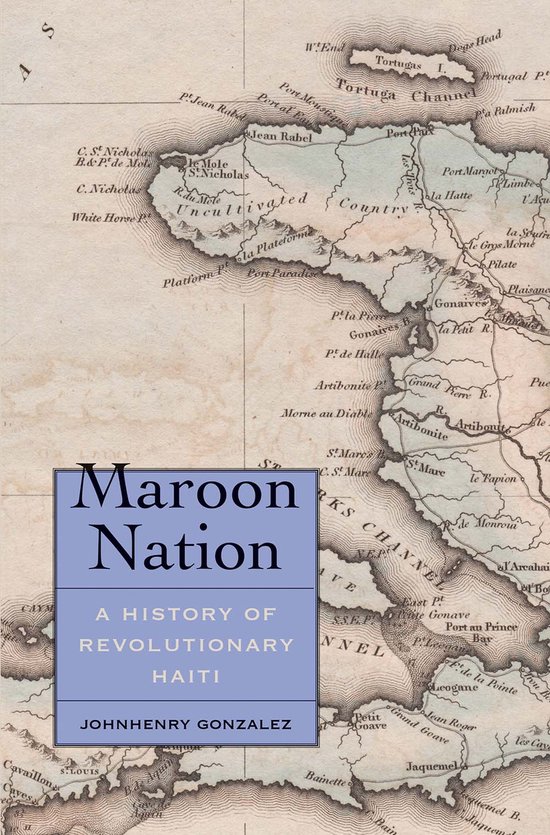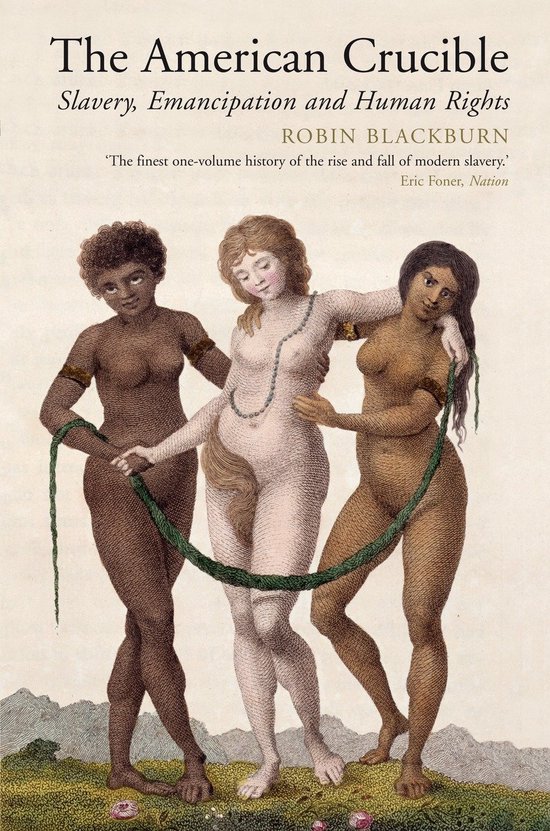
Maroon Nation – A History of Revolutionary Haiti
A new history of post‑Revolutionary Haiti, and the society that emerged in the aftermath of the world’s most successful slave revolution
Haiti is widely recognized as the only state born out of a successful slave revolt, but the country’s early history remains scarcely understood. In this deeply researched and original volume, Johnhenry Gonzalez weaves a history of early independent Haiti focused on crop production, land reform, and the unauthorized rural settlements devised by former slaves of the colonial plantation system. Analyzing the country’s turbulent transition from the most profitable and exploitative slave colony of the eighteenth century to a relatively free society of small farmers, Gonzalez narrates the origins of institutions such as informal open-air marketplaces and rural agrarian compounds known as lakou. Drawing on seldom studied primary sources to contribute to a growing body of early Haitian scholarship, he argues that Haiti’s legacy of runaway communities and land conflict was as formative as the Haitian Revolution in developing the country’s characteristic agrarian, mercantile, and religious institutions.
Haiti is widely recognized as the only state born out of a successful slave revolt, but the country’s early history remains scarcely understood. In this deeply researched and original volume, Johnhenry Gonzalez weaves a history of early independent Haiti focused on crop production, land reform, and the unauthorized rural settlements devised by former slaves of the colonial plantation system. Analyzing the country’s turbulent transition from the most profitable and exploitative slave colony of the eighteenth century to a relatively free society of small farmers, Gonzalez narrates the origins of institutions such as informal open-air marketplaces and rural agrarian compounds known as lakou. Drawing on seldom studied primary sources to contribute to a growing body of early Haitian scholarship, he argues that Haiti’s legacy of runaway communities and land conflict was as formative as the Haitian Revolution in developing the country’s characteristic agrarian, mercantile, and religious institutions.
| Auteur | | Johnhenry Gonzalez |
| Taal | | Engels |
| Type | | Hardcover |
| Categorie | | Mens & Maatschappij |





